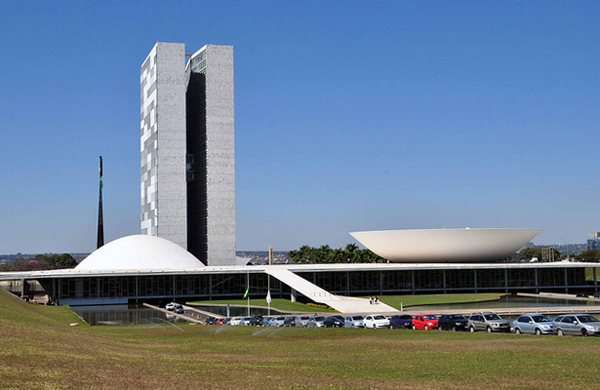Brazil to launch $66 billion stimulus program


Under the leadership of President Luiz Inácio Lula da Silva, Brazil was a rising economic star among developing nations. According to the International Monetary Fund, per-capita income in Brazil rose 162.8 percent between 2001 and 2010. In 2009, the typically-terse Economist newspaper gave Brazil a glowing evaluation, calling it "Latin America's big success story."
Brazil's growth, however, has stalled in recent months, causing many economists to admit that they overestimated the country's ability to maintain growth. Tom Murphy said as much in the July 3 issue of the Wall Street Journal:
"Economists clearly underestimated the impact of the current global crisis on Brazil," said Octavio de Barros, chief economist at Banco Bradesco (BBD, BBDC4.BR). They also "overestimated the government's ability" to sustain growth, he said.
As economists like Guy Wagner, chief economist of the Bank of Luxembourg, one of the issues impeding continued growth are the gaps in Brazil's infrastructure. "Despite its heavy tax burden, public spending in terms of investment is very low," said Wagner in May 2011. "Currently this component is low compared to other emerging countries, particularly China."
Fortunately, advice like this was taken to heart by the upper echelons of the Brazilian government. As The Financial Times reported Aug. 16, Brazil is now embarking upon a $66 billion stimulus plan to improve the nation's ailing infrastructure.
"We are starting with railways and roads but obviously we will take care of airports, ports and waterways," President Dilma Rousseff said Aug. 15 in Brasilia. In addition to highways and railways, the program sets aside funds to subsidize private investment as well, reported RTT.
Of the total, $39.4 billion will be spent in the next five years. The remaining funds are set to be spent through 2037. In addition to supporting Brazil's economy, and inspiring international investment, the stimulus plan will certainly assist the nation as it prepares to host the World Cup in 2013 and the Summer Olympics in 2016.
This post was originally published on Smartplanet.com